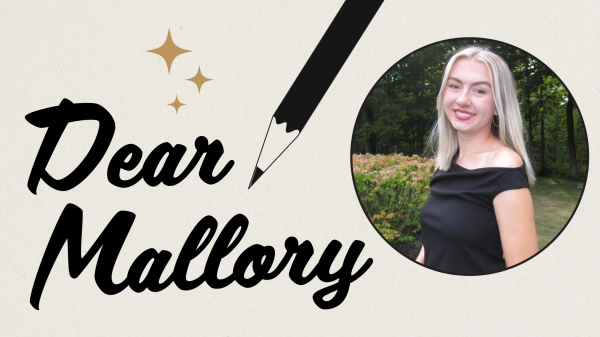Natural hair styles on the rise
Many Americans are increasingly adopting healthier lifestyles that include better eating habits and exercise, and in African-American communities across the nation, even the way people wear their hair is being reconsidered.
It is a widely known fact that the hair of black Africans and people of black African descent is among the most curly, coarse, and robust to be found. As such, people with this hair have always maintained a culture of hair care and hair styling that is different from that of white Europeans and other ethnicities.
Because of the dominance and pervasiveness of western European culture in America, African-Americans have often imitated the long and straight hairstyles of their white counterparts, using harsh chemical and heat treatments to condition their hair into European styles that would otherwise be unachievable.
However, a report in 2013 found that hair relaxer sales had declined 26 percent during the previous five years, according to an article published on Mintel.
Recently natural hair styles have resurged in popularity and are regarded not only as a method of self-expression and ethnic pride, but as part of an overall healthier lifestyle.
“Natural hair is wearing your hair the way it grows out of your head,” Micalyn Foreman said. Foreman is the president of L.O.V.E. Naturally, a student organization at Oakland University dedicated to “instilling confidence in individuality through breaking stereotypes that natural is not beautiful.”
“I feel like [natural hair styling] recently re-started as a fad, but once people actually get into it, they see the benefits of it,” Foreman said. “They become a part of the natural hair community and the movement.”
Natural hair styling in the African-American community is increasingly being perceived as an important part of living a healthy lifestyle in general.
“Natural hair is all about taking care of your hair with products that won’t damage it,” Foreman said. “Through taking care of your hair it’s very encouraged to use natural products.”
Foreman points out that the recommended vitamin and water intake regimen necessary to optimize hair health and growth are also important to the overall health of the body.
Some natural hairstyles, such as braids, sometimes involve tedious work arranging the hair in various complex patterns. Some braided hairstyles involve the use of hair extensions that must be sewn into the natural hair, and it can take several hours to accomplish the desired look.
There are many African hair braiding shops in cities like Detroit that specialize in increasingly daedal natural hairstyles for African-Americans, and they make lots of money doing so. These hairstyles can cost upwards of $200, according to some shop owners.
“Natural hairstyles have always been around, but in the past few years it does seem to have become more popular in places like Detroit,” said Faustine Onwuneme, the owner of Oluchi African Hair Braiding.
Onwuneme has been in the business of braiding and natural hair styling for over 20 years, and has owned a shop in Detroit since 2008. She said the market for braids and natural hairstyles has recently become very lucrative.
With the rise of socio-political movements like “black lives matter,” and the overall trend in America towards healthier living, it appears that the natural hair trend in the African-American community serves a dual purpose of both symbolic expression, and salubrity.
Wearing natural hair “creates a confidence, because it’s not something everyone has,” Foreman said. “Not everyone can have a super big afro… It’s unique to our culture. Your hair isn’t going to look like anyone else’s, so learning how to take care of your hair and appreciating your hair translates into appreciating yourself and your uniqueness as a whole.”



